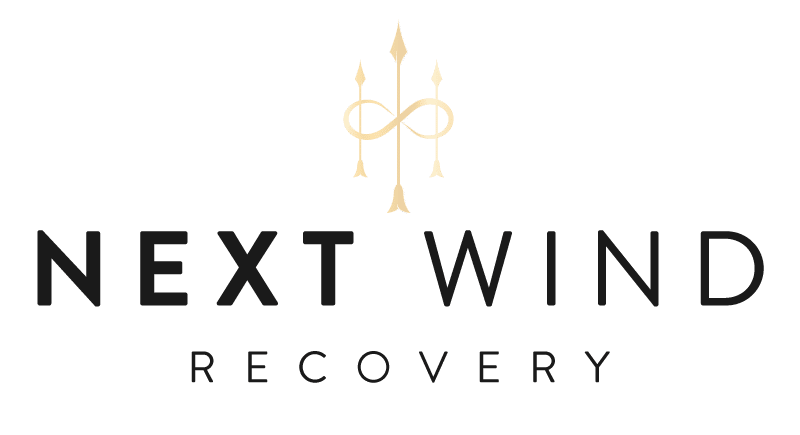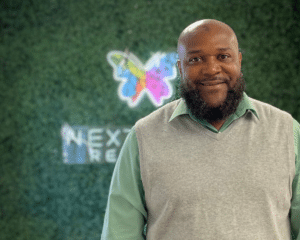Successfully completing a drug rehab program is a major accomplishment. The hard work you put into addressing and overcoming your addiction is cause for celebration. You are ready to step back into your normal life with both feet, ready to take on the world. While completing treatment is a milestone, it doesn’t mean that your recovery is over. In reality, the real work in recovery begins once treatment ends.
To minimize the risk of relapse, addiction recovery programs give you the added tools and support you need to be confident in your early recovery journey. This article will explore the different types of aftercare programs in recovery as well as the benefits of aftercare in recovery. Are you in need of quality addiction recovery programs that will strengthen your sobriety? Next Wind Recovery’s aftercare programs are evidence-based and tailored to meet your unique needs and goal. Call us today to learn more about our top-rated drug rehab in New Jersey.
What is Aftercare in Recovery?
Aftercare can be defined as services designed to help those newly recovering adapt to everyday life. These crucial programs address the common problems recovering people face once they complete treatment and reenter their normal lives. Aftercare recovery programs provide a safe and supportive environment that helps newly recovering people gradually transition to their normal day-to-day lives while minimizing the risk of relapse.
Aftercare recovery programs are an integral part of a comprehensive drug treatment program. The focus of the different types of aftercare programs in recovery is on relapse prevention. These programs help people develop the skills they need to understand the triggers that lead to relapse and proactively use those skills. Aftercare programs can last only a few weeks, or they may last up to a year. The length of time people spend in aftercare is dependent on their needs and goals.
What are the Types of Programs in Aftercare Recovery?
As we know, every person is unique in regard to addiction recovery. Much like inpatient and outpatient treatment, aftercare recovery programs employ a variety of services and programs to help people stay sober. There are many effective types of programs in aftercare recovery that are individualized to meet each person’s specific needs. One of the most common types of programs in aftercare recovery is therapy and counseling. Examples of therapy used in these addiction recovery programs include the following:
- Cognitive behavioral therapy
- Dialectical behavioral therapy
- Biofeedback
- Motivational enhancement therapy
- Psychotherapy
Another common type of program in addiction recovery is sober living, where those new in recovery share a living space with others in various stages of recovery. These houses are largely run by treatment staff, and people living in these homes work on the recovery program while working, going to school, or are in the process of finding employment or schooling. Additionally, many rehabs offer continued 12-step care, such as Alcoholics Anonymous (AA), Narcotics Anonymous (NA), and Al-Anon. For those who may be hesitant in 12-step groups, many aftercare rehab programs over alternative support groups, such as SMART Recovery and LifeRing.
What Are the Benefits of Recovery Aftercare?
There are many benefits associated with addiction recovery programs. First and foremost, they provide continued support after formal treatment ends. Recovery isn’t a “one and done” deal. Addiction can reappear no matter how long someone has been clean and sober. Through continued counseling and support, aftercare programs help people stay on track. Also, aftercare programs help reduce the risk of relapse by learning and sharpening life and coping skills.
Additionally, aftercare programs are flexible around people’s work, family, and school schedules. People in aftercare get the help and support they need while being able to attend to their essential daily duties. Importantly, aftercare programs help widen the support network for the newly recovering addict. Through support groups, alumni groups, and connections to community resources, people in aftercare programs gain confidence knowing they have an army of people in their corner.
How to Find Recovery Aftercare Programs in New Jersey
Aftercare programs are vital in strengthening your coping skills and confidence in early recovery. If you are looking for aftercare in New Jersey, Next Wind Recovery is your first choice. We are a premier aftercare facility that offers evidence-based programs and services tailored to meet your needs. With expert care and support, you will gain confidence in your newfound sobriety and minimize the chances of relapse. Take your recovery to the next level with Next Wind Recovery’s aftercare programs. Call us now to learn more about addiction treatment programs in New Jersey.








